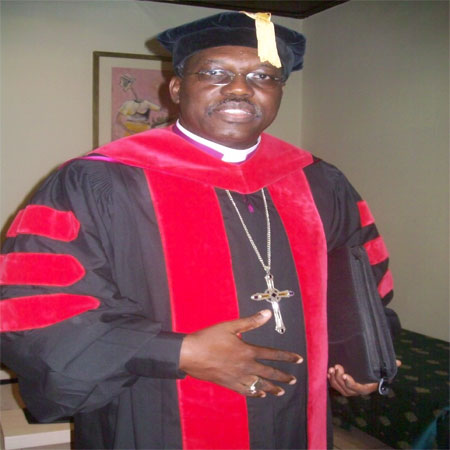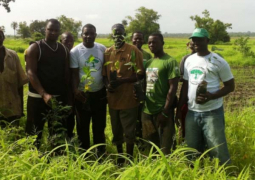
Dear Reader,
At this time we celebrate the birth of Jesus. His birth was prophesied many years before by the prophet Isaiah,
“For to us a child is born, to us a son is given, and the government will be on his shoulders. And he will be called Wonderful Counsellor, Mighty God, Everlasting Father, Prince of Peace. Of the increase of his government and peace there will be no end.” (Isaiah 9: 6 & 7a)
This child that is to be born is to be called, among other things, the “Prince of Peace”. This child is to be one who governs. The child is also to be one who is of PEACE. This is a wonderful vision. The many areas of conflict we hear of around the world indicate that those who hold power are not also necessarily people of peace.
The prophet Isaiah tells us that the government of the Prince of Peace – that is, the Kingdom – will be without end. In worldly terms we too often see how power is held on to at all costs. This can be in any walk of life: from within a family, to the head of a company, or the ruler of a country. Such attachment to power is not peaceful, and often leads to conflict in one way or another.
The Kingdom of the Prince of Peace is something else. As the name implies, it is a place of peace. This is not just a peace where there is an absence of conflict. It is a place of justice. It is a place of the kind of peace that brings wellbeing of body, mind and spirit.
Let us compare these two forms of rule: the earthly quest for power; and the rule of the Prince of Peace.
I am sure most, if not all, of us have witnessed or heard of situations where a person, or group of people, have been keen to hold on to influence and power. This can start off by being quite beneficial to those affected. However, in time, unless the one holding power is willing to forgo the trappings of power, and focus only on the wellbeing of those under his or her power, it is most likely that power becomes corrupting. It is all too easy for one in power to become greedy, wanting more and more power and resources. If their position is threatened they may even become violent, and many a civil war has been the result. This is why countries develop checks and balances through institutions such as parliaments, to ensure that those in power serve their people in a right and just manner.
What can we now say of the rule of the Prince of Peace. The prophecy of the birth of the child who would be known as the Prince of Peace is the prophecy of the birth of Jesus. During his life here on earth, Jesus taught us about this PEACE, and about the Kingdom. Certainly, Jesus did not advocate violence. However, he went much further in his portrayal of ‘peace’. He taught us about right relationships. He taught us how important it is that we should love our neighbour – that is, have concern for the wellbeing of our neighbour. Jesus told us, “Blessed are the peacemakers, for they will be called sons of God” (Matthew 5: 9). He further said we are no longer to hold to the doctrine of “and eye for an eye, and a tooth for a tooth”. As Ghandi said, if we follow that teaching, the whole world becomes blind! Jesus taught, “You have heard it said ,’Love your neighbour and hate your enemy.’ But I tell you: Love your enemies and pray for those who persecute you, … ” (Matthew 5: 43 and 44). This kind of teaching was extraordinary at that time, and is extraordinary today. Our instinct is to strike back at those who oppose or offend us. However, that is not the way to a sustainable peace. It only leads to a cycle of violence. To refuse to hate and to refuse to fight the enemy may be seen as a way of weakness. However, I put it to you that it is the way of strength. It takes far more strength NOT to retaliate – NOT to fight. Non-violent resistance to injustice is far more powerful than armed conflict. Non-violence cannot be fought or destroyed. If determined to be peaceful, a person cannot be forced to be violent. Do you see the strength in this? As our brother Desmond Tutu said – “Love is stronger than hate”. The refusal to hate one’s enemy or opponent is extremely powerful. Although not easy, as we must all realise. However, this is an approach to life that is definitely worth striving for.
This is a small insight into the Kingdom of the Prince of Peace, whose birth we celebrate today. I pray that we can use this time of celebration to reflect on what real peace can mean to us, to our families, to our nation and to our world. This relationship of peace can extend beyond our neighbour to our environment. Let us also live at peace with the environment and the abundant resources of our world.
On behalf of the Anglican Church of The Gambia, Senegal and Cape Verde, I offer you my prayer for peace and joy this Christmas.
Happy Christmas.
Your Friend & Bishop Tilewa


